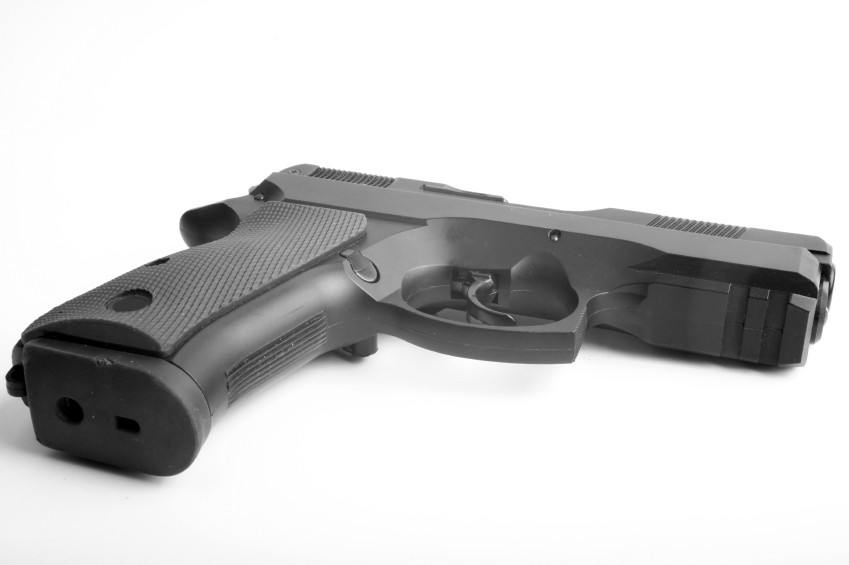Guns and your health

People choose to own guns for several reasons: hunting, target shooting, collecting… The number one reason now is for protection.
As physicians, we too care about your protection. Our mission is to treat disease, promote quality of life, and prevent injury and death. We discuss matters of health and safety in a confidential, non-judgmental fashion. We ask about depression, domestic violence, and drugs. We make recommendations about practicing safe sex and wearing seatbelts. But some feel that physicians should not talk about guns. In fact, Florida has passed a law limiting such discussion. But guns do affect health and safety. In the United States, the number of deaths from guns continues to climb (now at roughly 33,000 per year, far more than any other developed country per capita) and is expected to surpass motor vehicle deaths for 2015. It is the second leading cause of death in children.
Death by association
Guns have been used successfully in self-defense. But the reality is that owning a gun is associated with an increased risk of family injury or death. Unintentional shootings and attempted or completed suicides far outweigh the use of guns in self-defense.
In fact, the more households that have guns within a particular state, the more gun deaths there are — even after adjusting for crime, unemployment, urbanization, alcohol, and poverty.
And what is intended to protect can be turned into a threat. In one review of unauthorized entry into homes, 1.5% of cases reported using a gun to defend themselves, but twice as many reported losing their gun to the intruder. What’s more, the majority of homicides (54%) are committed by someone known to the victim and an additional 25% were by family, mostly with guns. When there is access to guns in a household, the risk of a woman dying due to domestic violence increases fivefold.
Suicides
As gun ownership has increased, so has the number of suicides. Two-thirds of gun deaths are from suicides. Yet gun owners do not have more mental health issues, depression, or suicidal thoughts than those who do not own guns. The issue is the easier access. Nobody thinks it can happen to them or their loved ones, but many suicide attempts are unexpected and made on impulse.
Harm to children
Children also use guns to commit suicide; 82% of these suicides involve guns at home, mostly stored unlocked. When children attempt suicide, 90% are successful when guns are used, as compared with 5% with other means. It is hard to prevent because young people often act impulsively and there may be no early warning signs, such as suicidal thoughts.
Children are often shot accidentally by a friend or sibling. We think we know our children — but do not underestimate the secrets they keep. One study found that parents often incorrectly believed their children had never handled their guns. One-third of the children answered otherwise.
Choose wisely
Guns are your right and your choice. But know that though guns can protect, the odds are higher that they will hurt those they intend to save. Education and compromise can help us work toward acceptable ways to stem the rising tide of gun-related deaths. That’s why I will talk to my patients about gun safety.
What can you do?
|
About the Author

Wynne Armand, MD, Contributor
Disclaimer:
As a service to our readers, Harvard Health Publishing provides access to our library of archived content. Please note the date of last review or update on all articles.
No content on this site, regardless of date, should ever be used as a substitute for direct medical advice from your doctor or other qualified clinician.













